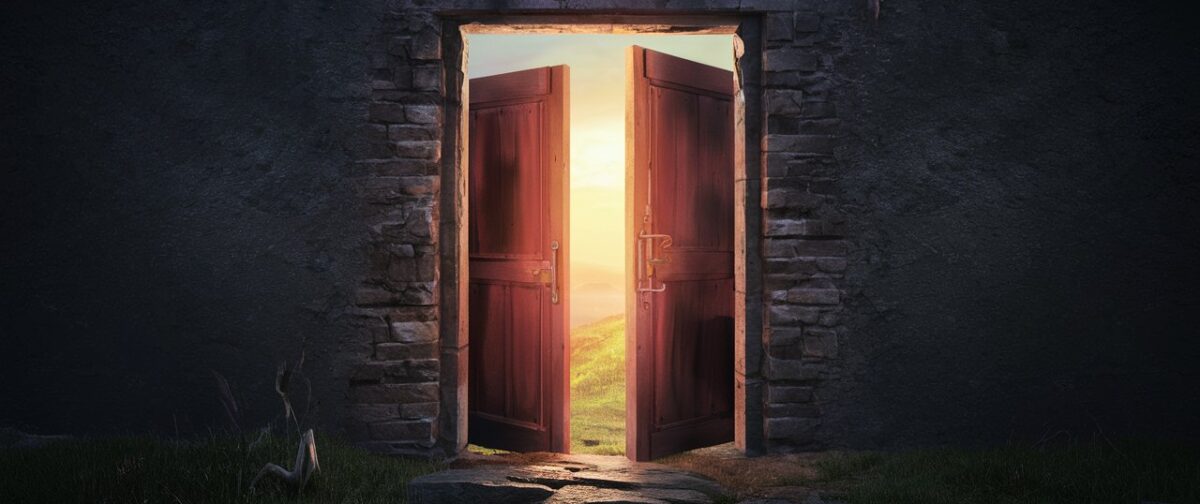
In life, if I have learned anything over the course of my life, it is that I cannot predict the person I will be in a few years. We all change overtime, often in unpredictable ways, and even though a core of me remains the same, my specific goals, passions, and interests always seem to redefine themselves over the years.
For example, I have held a career for over seven years that I didn’t even know existed a year or two before starting. Then, after thinking I would do that into the foreseeable future, I ended up pursuing a very different dream of traveling the world.
The same thing happens when you look back at your past. In the moment, you may experience a major life event one way – whether horrifying, frustrating, saddening, joyous – but years or decades later, when you look back at it, you will likely feel very differently about it.
That is one thing that gives me pause when considering quickly rushing into permanent actions that will lock me in for many years or decades. I don’t really know what my future self will think of it years down the line. So then, how can I be certain that I still desire what I am seeking at that moment?
So, how should someone respond to this uncertainty? I can think of three basic approaches: 1) maximizing one’s ability to act now, 2) planning long-term projects for future gain, or 3) preparing oneself to become as perfect as possible before venturing out into the world. I tend to choose the former: positioning myself so that my future self is best able to make a decision when he is ready to.
Thus, I have tended to choose careers, living options, financial decisions, etc. that combine benefiting my current short-term interests while increasing the options that my future self will have down the line. For example, I tend to pick the job that best pads my resume to increase my options later while giving me intellectual satisfaction and financial security in the immediate future.
If a person is a car, you could say I spend my effort optimizing the vehicle. Building myself up to the best of my abilities, in terms of personal fulfillment, skill-development, professional development, etc. This way, I am as souped up as best I can be so that I can later choose the route I want to go in, whatever it is that I will want to choose at that time.
To me, others who try to produce a certain route for their lives – like those with a five year plan – are like those who spend most of their time building a specific road in front of them. This can work well if that road ends up being the route they want to take, but to me, what route I think I will want to take rarely ends up being the one I actually want to take when I am older. Thus, if I focus on building a certain route, I end up getting stuck on that route in the future, or having all that work go to waste when I inevitably choose a different path later.
It may seem counterintuitive to constantly work on yourself like this, but my strategy is not to keep the car in the garage rather than taking it onto the road (that would be the third strategy above). That is not how short-term optimization for me works. I am already on the road, focusing on how to improve myself to be able to get to more places more efficiently as I travel. I know people who think they must stay in the garage until they are ready. Taking some time by yourself to prepare is helpful, but I have also seen many languish their entire lives in the garage, unwilling to venture out because they do not match their perfect image of how they should be. I am one at least who best prepares himself through trying things out in the real world.
This is how I handle it, and why I find it works better than the other approaches. You may have a different personality with different inclinations, but it can be helpful to think through what approach would work best for you.









